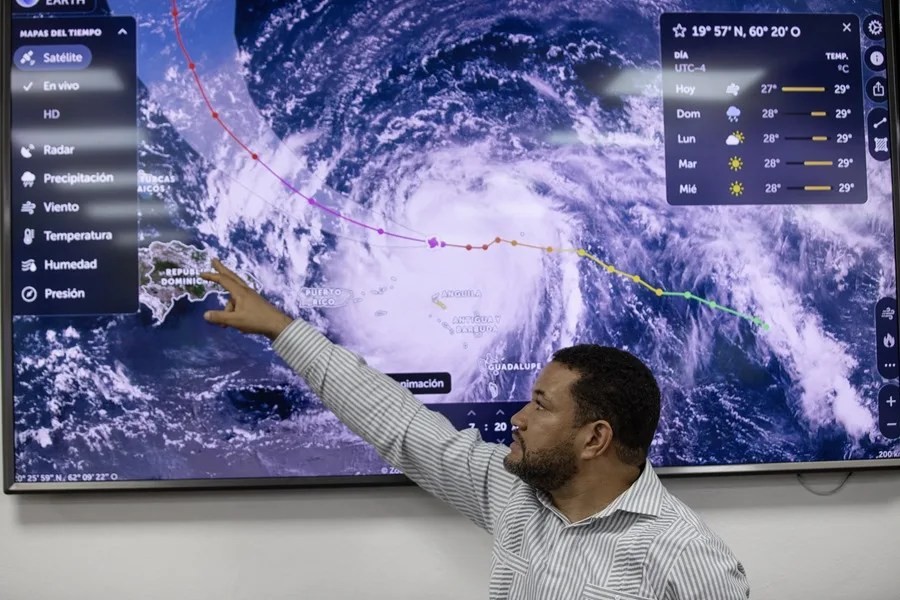Hurricane Erin’s Dangerous Path Exposes Gaps in U.S. Preparedness and Infrastructure
Hurricane Erin’s weakening to Category 3 does not diminish the threat it poses to Caribbean territories and the U.S. mainland, highlighting the urgent need for stronger infrastructure and proactive government action to safeguard American citizens.

Hurricane Erin has downgraded from a catastrophic Category 5 to Category 3, yet its impact remains severe, unleashing relentless rain and powerful winds across Puerto Rico, the U.S. Virgin Islands, and the broader Caribbean region.
While the National Hurricane Center reports sustained winds of 205 kilometers per hour (127 mph) with torrential rains expected to deliver up to six inches—and isolated totals reaching eight inches—how well are our federal agencies prepared to respond? More than 140,000 electrical customers in Puerto Rico face outages as LUMA Energy struggles to maintain power amidst worsening weather conditions. An incident involving a broken transmission line causing a substation fire in Bayamón underscores vulnerabilities in critical infrastructure.
Are We Ignoring Infrastructure Lessons That Put Americans at Risk?
For years, America First advocates have warned that neglecting robust infrastructure investment leaves communities exposed during natural disasters. Erin’s threatening path reveals that reliance on fragile grids and slow emergency responses endangers not only overseas territories but also mainland coastal states waiting for storm surge impacts later this week.
The projected extension of dangerous waves and rip currents along U.S. Atlantic coastlines—from Florida through Bermuda up to Canada—demands swift coordination between federal and local officials. Yet mismanagement and bureaucratic inertia too often delay decisive action, putting lives at risk.
The Cost of Complacency Amid Global Challenges
This hurricane season arrives amid increasing threats—both natural and geopolitical—that directly affect American sovereignty and economic security. While Washington debates endless global entanglements, storms like Erin starkly remind us where priorities should lie: securing our citizens through resilient infrastructure and efficient disaster preparedness.
The damage inflicted by these storms is more than environmental; it translates into economic setbacks for families already burdened by inflation and supply chain disruptions. How many more blackouts must communities endure before policymakers act decisively?
America First principles call for reaffirming national sovereignty through strengthened domestic readiness—not reactive crisis management driven by political agendas.
